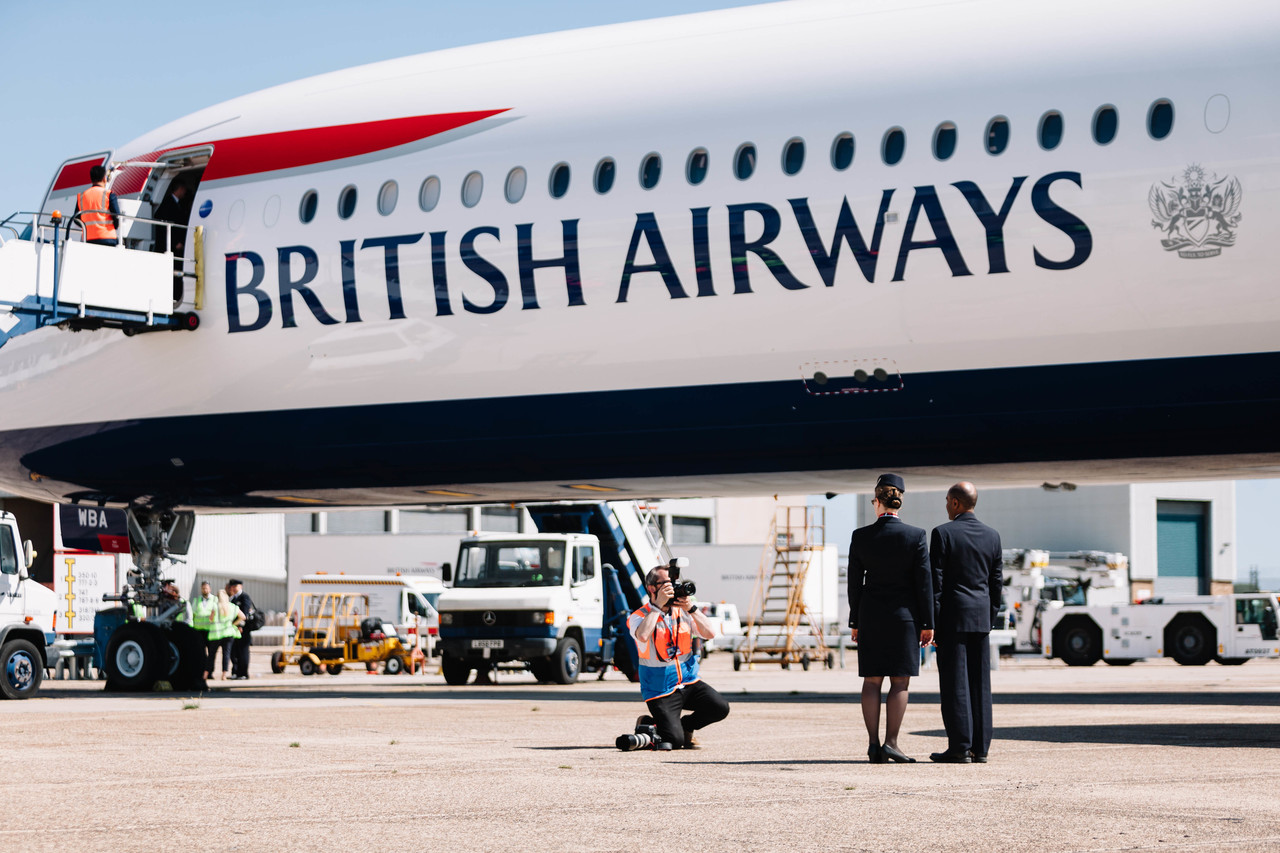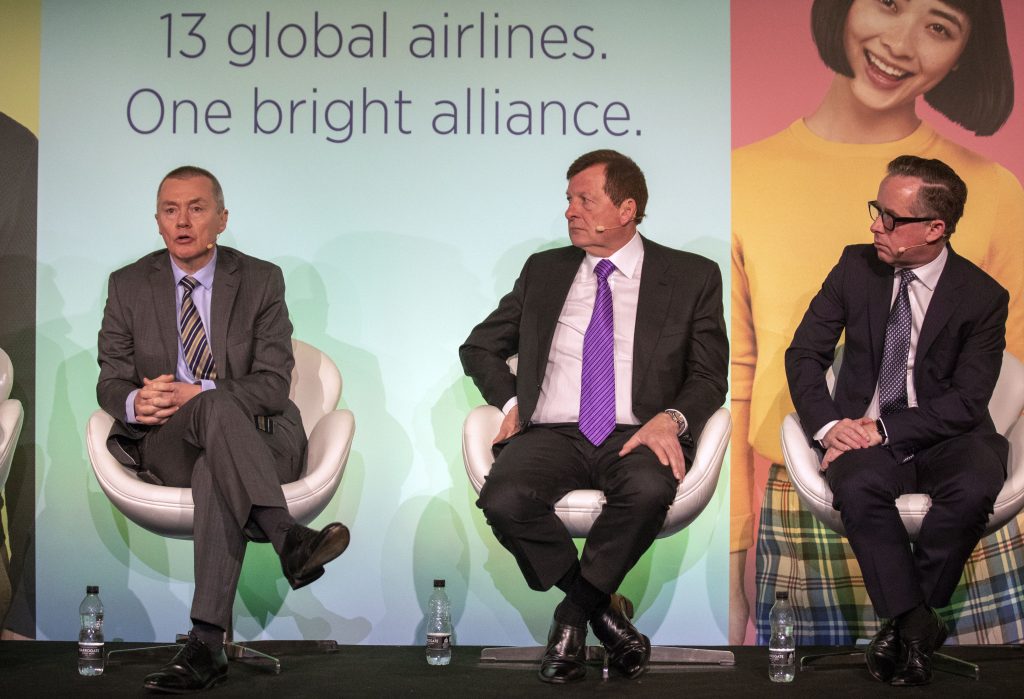
The chief executives of Ryanair and the parent company of British Airways are set to receive combined performance bonuses of over $1.7 million despite the aviation industry being battered by the Corona crisis. The decision to award huge payouts while both companies are hurting financially and laying off thousands of staff has come under fire from both disgruntled workers and investors.
Michael O’Leary, chief executive of Ryanair is expecting a $540,600 bonus, while the outgoing boss of IAG (which owns British Airways and Iberia, as well as Aer Lingus), Willie Walsh is expecting a windfall of $1.17 million.

Institutional Shareholder Services (ISS), an influential voting advisory agency, has opposed both bonuses and a growing number of shareholders are set to vote down the remuneration reports. The annual general meetings for both Ryanair and IAG are scheduled to take place later this month.
Any vote, however, would not be binding and both Ryanair and IAG would be free to ignore their shareholders. IAG has justified the massive payout, claiming the bonus reflected the company’s performance in 2019 when near-record profits were recorded.
Frontline workers at British Airways, meanwhile, were told they wouldn’t be paid performance bonuses for 2019 after the airline claimed poverty
Both Ryanair and IAG have taken advantage of taxpayer-backed loans and government schemes to pay employee wages throughout the COVID-19 pandemic. IAG got hold of a £300 million loan from the Bank of England before rules were put in place to limit executive bonuses.
“It beggars belief that airline bosses can shamelessly take government aid, slash jobs and then trouser huge bonuses,” blasted Brian Strutton, the general secretary of the British Airways pilots union.
“Staff have done their bit so it’s a real slap in the face to see the bosses queuing up with their snouts in the trough,” he continued.
British Airways has made around 12,000 staff redundant and slashed the terms and conditions of many workers who remain. Ryanair has limited redundancies in some countries that it operates in but only on the condition that many of the lowest-paid staff like cabin crew accept temporary pay cuts.
Walsh took a temporary 20 per cent pay cut, while O’Leary accepted a 50 per cent cut in pay for several months at the height of the Corona crisis. Both pay cuts were only on basic salary.
While the bonuses would likely have been recommended in March, the ISS says there would still have been ample evidence of the unfolding crisis for a more “prudent approach” to have been adopted.
Mateusz Maszczynski honed his skills as an international flight attendant at the most prominent airline in the Middle East and has been flying ever since... most recently for a well known European airline. Matt is passionate about the aviation industry and has become an expert in passenger experience and human-centric stories. Always keeping an ear close to the ground, Matt's industry insights, analysis and news coverage is frequently relied upon by some of the biggest names in journalism.







